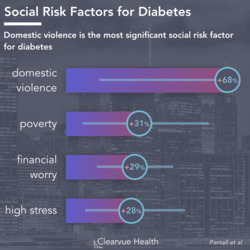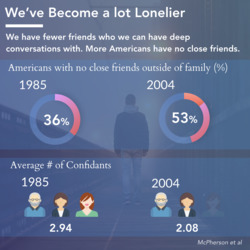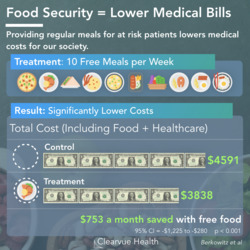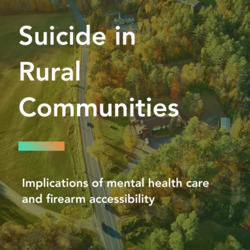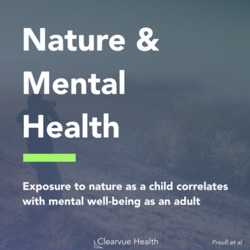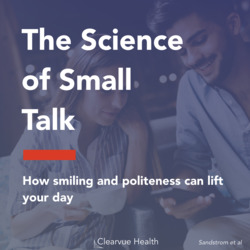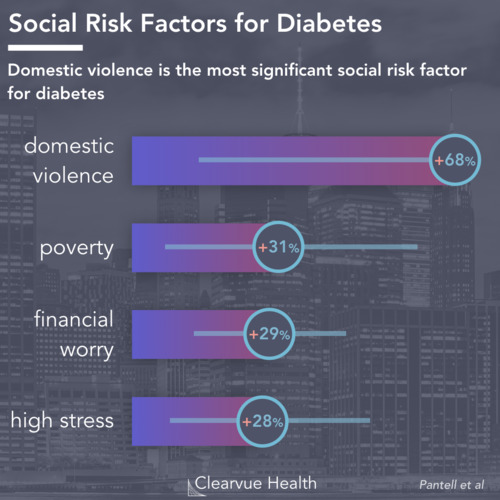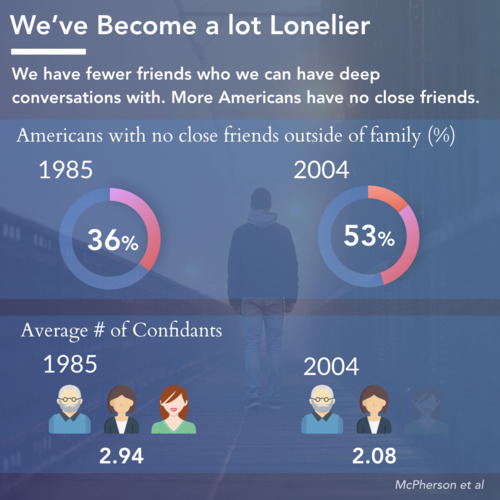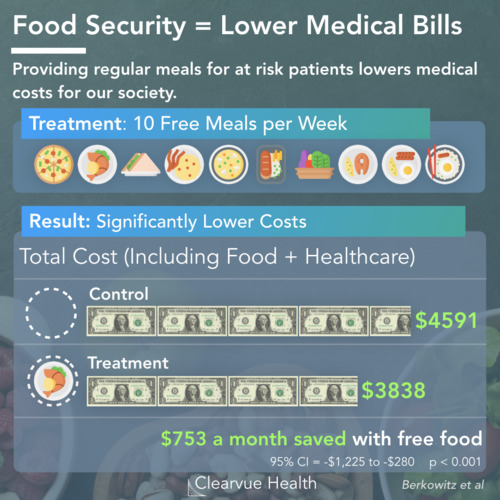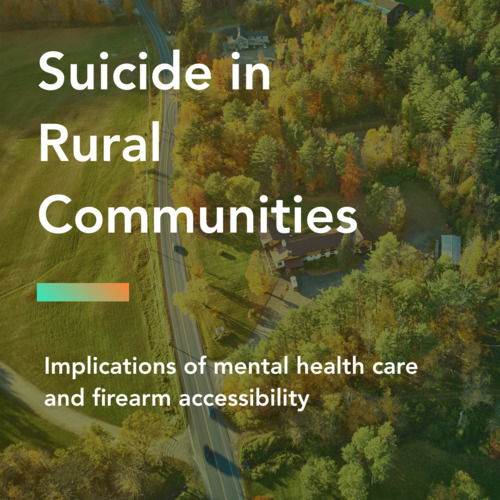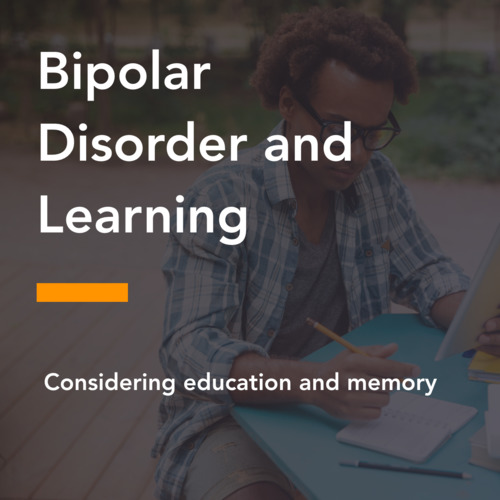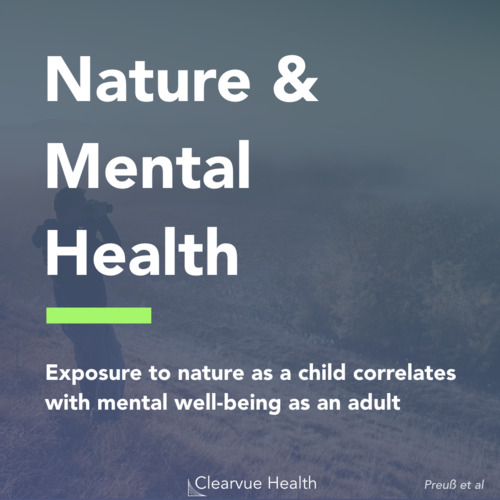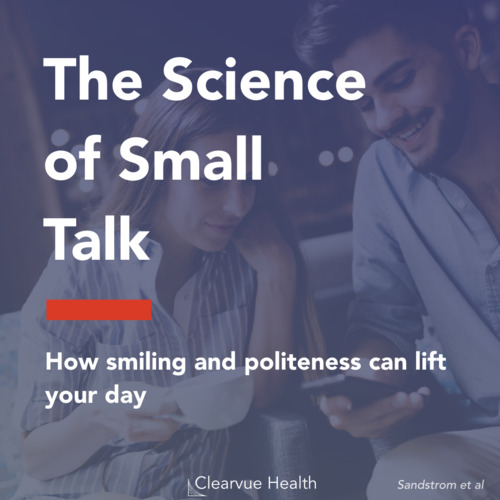We have become more accepting of sexual orientation
A new study used 4.4 million tests of implicit and explicit attitudes towards different categories of people to see how our society's attitudes have changed over the past decade.
Source: Patterns of Implicit and Explicit Attitudes: I. Long-Term Change and Stability From 2007 to 2016
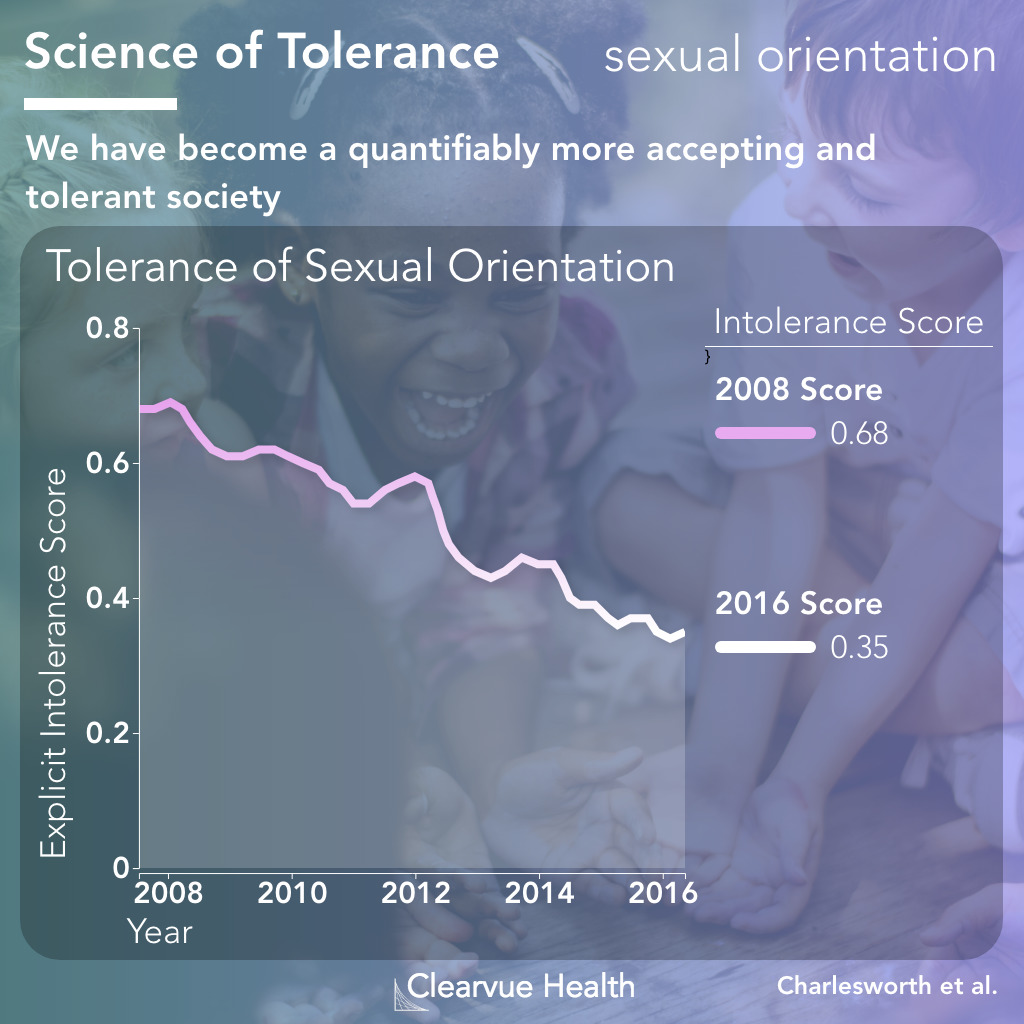
Our society has seen the biggest gains in our tolerance of sexual orientation. Both explicit and implicit bias have fallen significantly over the past decade.
While the scale is not an exact scale, we can see that our explicit intolerance of homosexuality has fallen by almost half.
This trend also appears to be continuous and consistent during the entire study period suggesting that this may be part of a larger societal shift towards more tolerance of sexual orientation, rather than a temporary trend.
Implicit Bias Lags Explicit Bias for Racial Tolerance
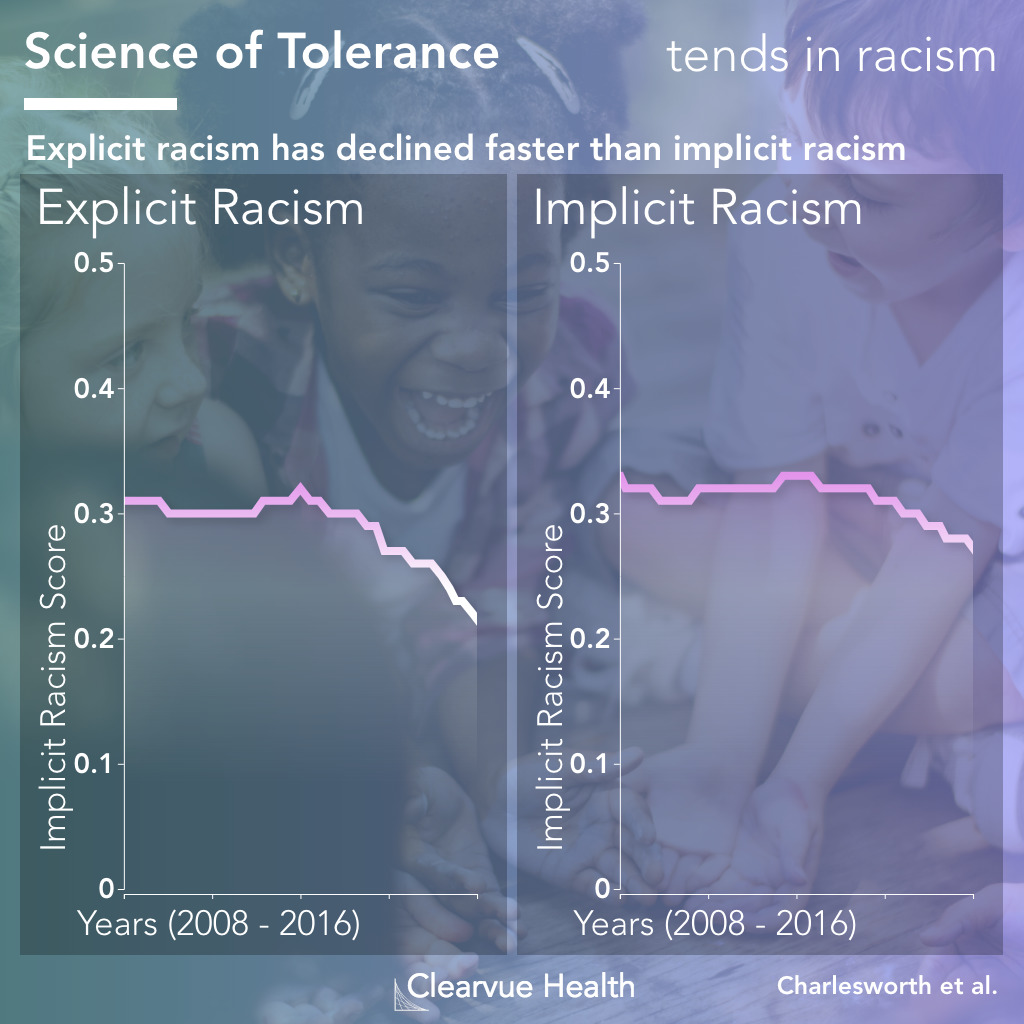
The trends for our views on race are less clear-cut, and highlight a key difference between implicit and explicit bias.
Explicit bias refers to biases and preferences that we openly express. In this particular study, explicit bias was measured by directly asking participants about their feelings towards certain groups.
In the chart of the left, we can see that explicit bias against race is generally lower than explicit bias against sexual orientation. However, it did not change much until very recently, where it began falling after 2012.
Implicit bias refers to biases that we either don't know about or that we don't admit to. In this study, they tested for implicit bias using the IAT, a test that measures how easily your mind associates "good words" like love with pictures of individuals from a specific group.
You can read more about the implicit association test and try this test yourself at this website
As shown by the implicit racism data above, our implicit attitudes about race have been slower to improve than our explicit attitudes. This suggests that while we're less openly racist, many still harbor significant biases that may affect how they treat their neighbors and fellow Americans.
Obesity: Where we have become more biased and less tolerant
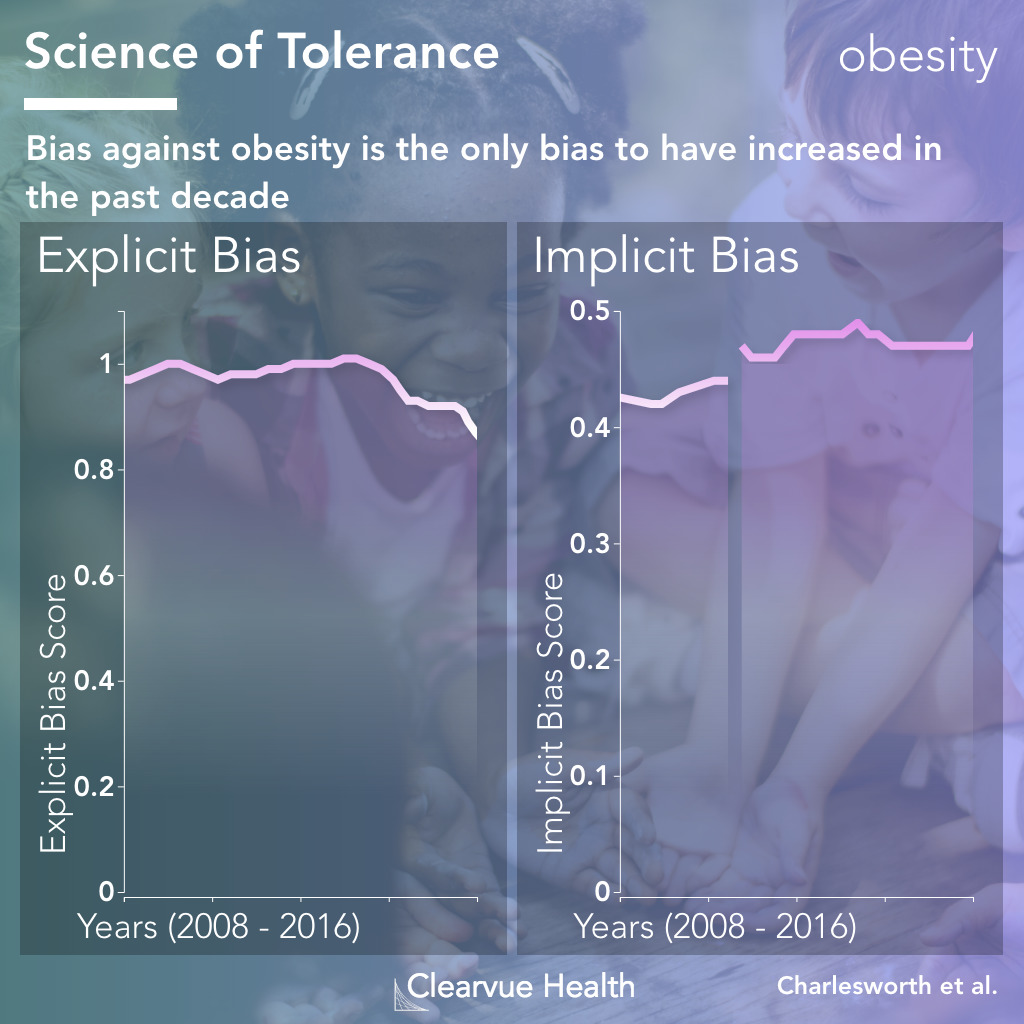
We as a society remain intolerant against overweight and obese individuals.
Researchers found that our biases against nearly all groups of people, including biases against race, disability, age, skin-tone, and sexual orientation, have fallen. The only exception is our bias against obesity.
Explicitly, our bias against obese individuals has fallen recently as well, in line with changes in our bias against race.
However, implicitly, our bias has surprisingly grown. (Of note, the break in the data represents when the implicit bias test changed from pictures of faces to pictures of bodies.)
These data suggest that on average, we harbor more negative feelings towards obese individuals today than 10 years ago.
As we strive towards a more tolerant society, we have made significant gains in all respects, and that is commendable. But, as this data shows, there is more progress to be made in our attitudes towards body weight.



